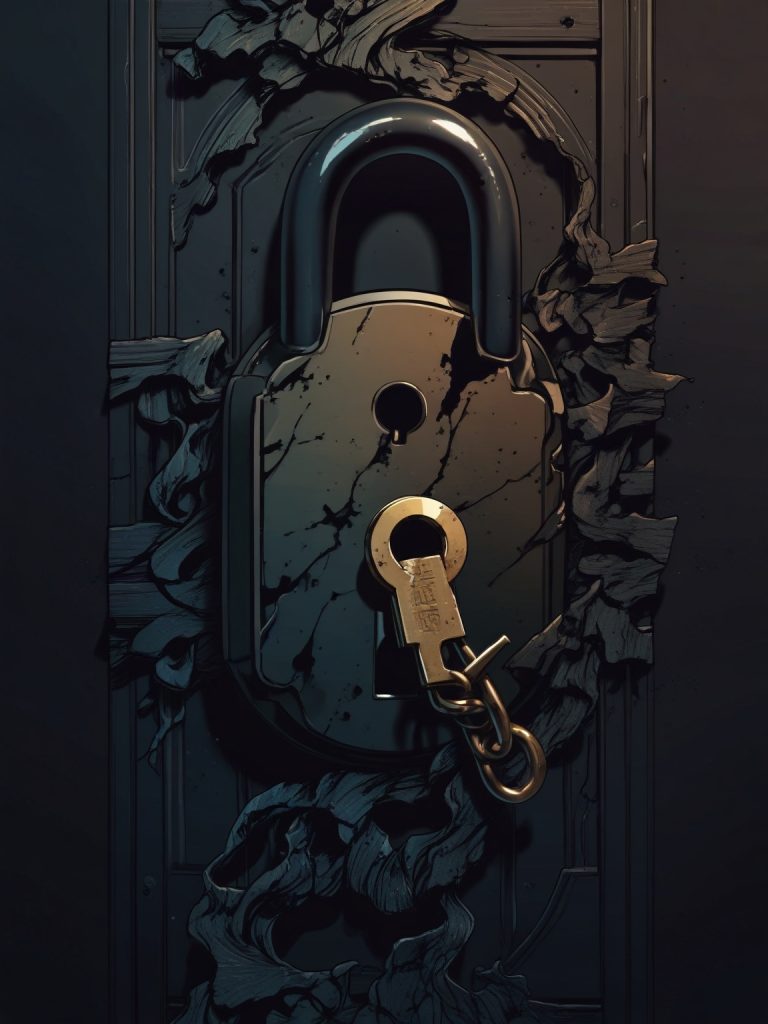Is your partner’s possessiveness making you feel more like a suspect than a significant other? You’re not alone. Trust is the cornerstone of any healthy relationship, and when it crumbles, feelings of insecurity, isolation, and even fear can take hold. This article delves deeper into the causes of trust issues, explores the warning signs of controlling behavior, and equips you with valuable resources to navigate this complex situation. But here’s the key takeaway you won’t find anywhere else: a healthy relationship allows you to breathe, to have healthy friendships, and to feel secure knowing your partner trusts you. Don’t settle for anything less.
TL;DR
- Open and honest communication is key in building trust within a relationship.
- Underlying insecurities or past experiences can contribute to trust issues.
- Constant monitoring, controlling behavior, and lack of respect are red flags.
- Couples counseling can provide a safe space for open communication and addressing trust issues.
- Prioritizing your well-being and safety is crucial in an unhealthy relationship.
Hey OMGSOGD
My partner secretly trailed me to a party and observed me from outside without my knowledge. I, a 23-year-old woman, have been in a relationship with Jimmy, a 28-year-old man, for almost three years. Last night, I attended an event with a few girlfriends and later went to an after-party with around 10-15 people. I didn't invite Jimmy because my friends wanted some exclusive time with me, so I thought it was okay. I informed him I'd keep him updated and see him later.
Some context: Jimmy feels uneasy about one of my acquaintances, Sam, who is 24. Sam is part of my broader friend circle, but we've never hung out one-on-one. He has a girlfriend whom he adores, but for some reason, Jimmy is convinced I'll cheat on him with Sam. This belief stems from a past incident when I hugged and kissed Sam on the cheek in front of Jimmy. I consider cheek kisses completely platonic, as I do it with many friends. I apologized sincerely when Jimmy expressed discomfort, explaining I saw it as a friendly gesture and promised it wouldn't happen again. You'd think doing it openly in front of him would demonstrate my innocence? Sam is nice, but he's not my type, and I abhor infidelity. My heart belongs solely to Jimmy.
Despite my reassurances, Jimmy remains convinced I'll cheat or lie to him. He's been spiraling with mistrust, demanding to know my whereabouts and companions whenever I hang out with friends. His tone has become increasingly aggressive, which bewilders me because I've never betrayed his trust or given him reason to doubt me. While I empathize with his pain, his lack of faith hurts me too.
Now, onto the current issue: At the after-party, upon spotting Sam and his girlfriend, I immediately messaged Jimmy to keep him informed, hoping to demonstrate transparency and dispel any suspicions.
However, Jimmy's behavior took a disturbing turn. Throughout the night, he bombarded me with calls for updates. Later, he confessed he had driven up and down the street where the party was, parked nearby, and watched me to verify I wasn't lying. He even walked past the window in an attempt to catch a glimpse of me.
I'm at a loss for how to react. Am I disgusted? Mortified by his lack of trust? It feels like a breach of boundaries, and I'm unsure how to proceed. Any advice would be appreciated. Am I overreacting?
Hey there,
It sounds like you’ve been dealing with a complex and upsetting situation regarding your partner, Jimmy (let’s call him Jim). Learning that he secretly followed you to a party and observed you from afar must have been a shock and a major blow to your sense of trust and security in the relationship.
Understanding the Context: The Roots of Insecurity

First, it’s helpful to consider the potential roots of Jim’s trust issues. You mentioned his discomfort with your friend Sam, even though your interactions seem completely platonic. Perhaps a past experience, his own insecurities, or a communication gap regarding boundaries with friends might be contributing factors.
Here’s the thing: Open and honest communication is the bedrock of any healthy relationship. While explaining your actions and reassuring him can help in the short term, sometimes deeper issues might be at play.
The Impact: Beyond Hurt Feelings

It’s completely understandable to feel disgusted, mortified, and even unsafe by Jim’s lack of trust. His behavior of constant calls, driving by the party, and peeking through windows are major boundaries crossed. A healthy relationship thrives on mutual respect, freedom, and the ability to trust your partner. When that trust erodes, it can lead to feelings of isolation, anxiety, and even a sense of being controlled.
Moving Forward: Communication, Support, and Knowing Your Worth
There are several steps you can consider to navigate this situation:
- Honest Conversation: A calm and open conversation with Jim is crucial. Express how his actions made you feel, focusing on “I” statements to avoid blame. Explain your need for trust, space, and respect within the relationship. Let him know you’re happy to answer questions about your social life, but constant monitoring feels suffocating and undermines the foundation of trust.
- Consider Relationship Counseling: If communication feels strained or unproductive, seeking professional guidance from a therapist can be incredibly helpful. A neutral third party can facilitate open communication, help Jim address the root cause of his insecurities, and guide you both towards healthier communication patterns.
- Know Your Worth: Remember, you deserve to feel secure and respected in your relationship. You have the right to a partner who trusts you and allows you to have healthy friendships. If Jim’s behavior doesn’t improve despite your efforts and continues to be controlling, it’s important to consider whether this relationship aligns with your long-term happiness and sense of well-being.
Understanding Trust and Insecurity in Modern Relationships

The dynamic you’re experiencing in your relationship with Jim, where trust issues lead to controlling behavior, is a complex one, but you’re not alone. In fact, a recent study by the Pew Research Center (https://www.pewresearch.org/topic/family-relationships/romance-dating/) found that jealousy and suspicion are on the rise in romantic relationships, particularly among younger adults. The study suggests that factors like social media and increased exposure to others’ lives can contribute to feelings of insecurity.
Here are some additional insights and resources that might be helpful:
- Impact of Social Media: A 2023 study published in the Journal of Cyberpsychology, Behavior, and Social Networking (https://www.emerald.com/insight/content/doi/10.1108/INTR-02-2020-0103/full/html) explored the link between social media use and romantic jealousy. The study found that frequent social media comparison and surveillance of a partner’s online activity can heighten feelings of insecurity and mistrust.
- Importance of Healthy Communication: The Gottman Institute (https://www.gottman.com/), a renowned organization specializing in relationship research and therapy, emphasizes the importance of clear and honest communication in building trust and resolving conflict within relationships. Their website offers a wealth of resources and articles on effective communication strategies for couples.
By understanding the potential causes of Jim’s insecurities and the impact his behavior has on you, you can approach the situation with more clarity and seek solutions that promote a healthy and trusting dynamic in your relationship.
Breathe, communicate, and know your worth.
Taking Action and Prioritizing Your Well-Being

Don’t bottle up these feelings. Talk to Jim, and if needed, consider couples counseling. If his behavior continues to be controlling or escalates in any way, prioritize your well-being and safety. You can find resources and support from organizations that specialize in healthy relationships and domestic abuse prevention.
Here are some resources that might be helpful:
- The Gottman Institute (https://www.gottman.com/) – Provides research-based information and resources for building strong, healthy relationships
- The National Domestic Violence Hotline (https://twitter.com/ndvh/status/1654622273234518017) – Offers 24/7 support, confidential resources, and safety planning assistance
Remember, you’re not alone in this. There’s help available, and a healthy relationship should be built on trust, respect, and open communication. Take care, and don’t hesitate to reach out for support.







